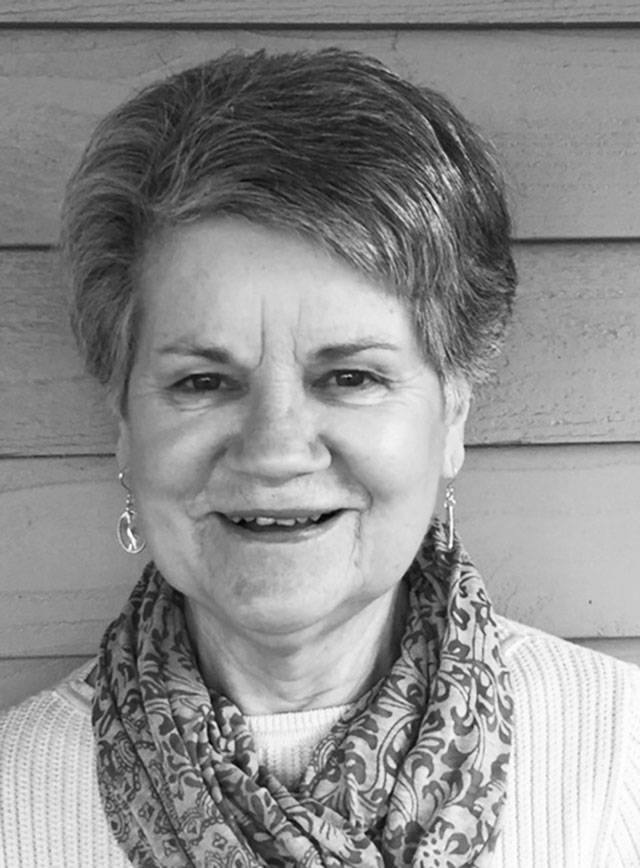In his best-selling book “Being Mortal,” Atul Gawande, M.D., tells stories about joining his patients in making soul-searching end-of-life decisions. He conveys that the ultimate goal is not a good death, but a good life to the very end. Probably the great majority of us want what Gawande wants for us — to live our lives fully until the end. And we all want the magic prescription to side-step our justifiable fears about an extended, painful death.
The title of Gawande’s book offers a step in the right direction, reminding us that we are indeed mortal. The denial of death is a significant trait of our culture; we elevate youthfulness, fitness and high-energy while we demonize aging, wrinkles, sags and bags. Yet, death is the ultimate equalizer — we will all experience it; no one is immune. We share a common condition: Mortality.
The good news is a movement is taking hold in America that is supported by mounting evidence and reinforced by personal conviction. The central idea is quite simple: Serious illness and death are best understood as a natural part of life, and we are better off as a culture if we act as if this were true. It turns out that talking about what we want and don’t want at the end of our own lives is critically important. This isn’t casual talk about the weather, politics or dinner. It gets to the core of who we are, what we value, what we want our legacy to be. It paves the way for us to actually do advance care planning and document our own end-of-life wishes: what we want if we are unable to speak for ourselves and who we trust to fulfill our wishes.
This Gawande quote says it all: “If end of life discussions were an experimental drug, the FDA would approve it.” The fact is, when patients discuss their goals and priorities with their loved ones and health care providers, they are far more likely to experience more peaceful deaths with less suffering and pain. Now comes the sobering news. Despite recent gains in public awareness of the need for advance care planning, studies indicate that most Americans have not exercised their right to make decisions about their healthcare if they cannot speak for themselves. Consider these statistics from a survey of Californians by the California HealthCare Foundation:
Ninety percent of people say talking with their loved ones about end-of-life care is important, but only 27 percent have done so.
Eighty-two percent of people say it’s important to put their wishes in writing; 23 percent have actually done it.
Eighty percent of people say that if seriously ill, they would want to talk to their doctor about wishes for medical treatment toward the end of their life; 7 percent report having had this conversation.
We don’t have specific data for Vashon, but experience suggests that our island is similarly in denial when it comes to talking about our own mortality and the kind of care we want at the end of our lives. Over the past year, 15 trained Honoring Choices Vashon facilitators have invited residents to engage in advance care planning conversations and to support them in completing advance directives. Although some individuals and groups have been open to conversations about end-of-life decision making, it has been a hard sell. Honoring Choices has offered educational sessions throughout the community in private homes and with individuals, involving approximately 250 people. Progress is slow. The vision is to reach a “tipping point,” motivating the majority of island residents to do advance care planning and complete advance directives.
Recognizing the need for a more proactive approach, a team of eight energetic, creative islanders met in July 2016, birthing A Vashon Conversation for the Living about Dying. They reasoned that by using inviting, non-threatening modes like art, music, storytelling and informal engagement with experts in fields like spirituality, medicine and ethics, they could pave the way for acceptance and willingness to make end-of-life choices. The planning team has created a feast of possible ways for Vashon residents to consider what for many is a difficult topic. We’ve invited a cross-section of individuals and organizations to contribute and participate. The response has been full, rich and enthusiastic.
During the first weekend in March, islanders of all ages will have the opportunity to engage in creative, interactive and informational events. Together, we will build a community where we connect to life and death and each other, reducing the silence, fear and isolation that too often surround the topic of death and mortality. Join fellow islanders in this rich, profound conversation.
— Carol Spangler is is a self-
professed “death junky” and one of the volunteers who organized A Vashon Conversation for the Living about Dying.



